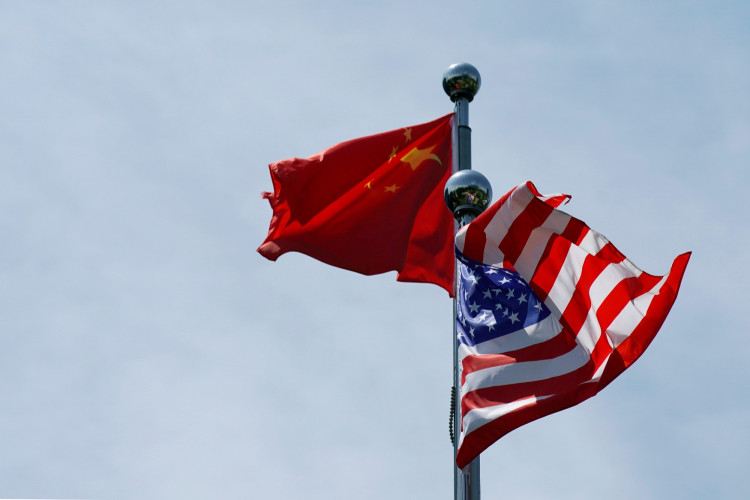Just days after U.S. President Donald Trump had threatened to cut business ties with China and a week after he canceled an already scheduled meeting, trade negotiators from both sides finally got together through a phone call this week.
Separate statements released by both countries confirmed that trade negotiators had held a lengthy conference call Tuesday morning - Beijing Time - to finally discuss the implementation of their already agreed upon phase one trade deal.
The meeting was originally set to take place on August 15, as stipulated in the signed phase one trade deal. Last week, Trump confirmed that he personally canceled the talks, stating that he was not yet ready to talk to China. Over the weekend, Trump threatened to "decouple" with China if it continues to fall short of its commitments.
During Tuesday's conference call, Chinese vice Premier Liu He reportedly discussed various issues with U.S. Trade Representative Robert Lighthizer and Treasury Secretary Steven Mnuchin. In an online statement, the Office of the U.S. Representative revealed that most of what was discussed were steps that needed to be taken to effectively implement the stipulations of the phase one trade deal.
These include changes that need to be done as indicated in the agreement, such as the enhanced protection of intellectual property rights, elimination of forced technology transfers and the removal of bureaucratic and economic obstacles against each other's businesses. The topic of China's commitment to purchase more U.S. goods was also discussed during the meeting.
China's commerce ministry revealed in a statement that some of the other topics that were discussed included new ways to bolster bilateral coordination in the implementation of enhanced macroeconomic policies. The ministry added that the two countries have agreed to mutually create a favorable atmosphere to ensure the correct implementation of the phase one trade deal.
News of the conference call has somewhat alleviated some of the pressure on the already tense trade relations between two of the world's largest economies. The trade war, which has now lasted for more than two years, has already spilled over into other sectors; negatively affecting businesses from both sides.
The spat over trade policies quickly spilled over into the technology sector, causing a tit-for-tat exchange of levies and sanctions. Apart from the levies on billions of dollars worth of Chinese imports, the U.S. also placed dozens of Chinese companies of its trade blacklist.





